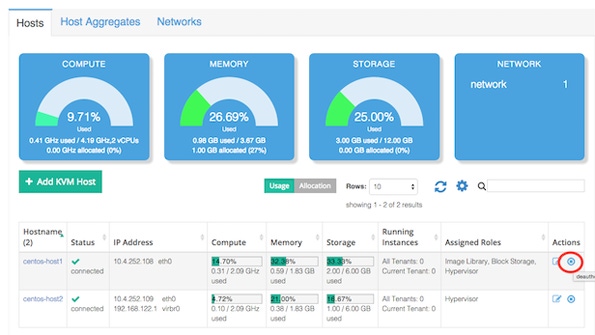Open alternatives to AWS's serverless computing framework are emerging from vendors like Platform9, which sees lock-in as a major problem.

AWS Lambda is the most popular serverless computing framework. But will customers shy away from it out of concerns over vendor lock-in?
That’s what Platform9 hopes as it promotes its managed Kubernetes platform, a competing serverless solution built using open code.
In case the serverless computing market is new to you, here’s a quick overview: Serverless computing is a type of cloud-based service that allows developers to run software on demand without setting up and maintaining the virtual servers that run that software.
AWS Lambda, which debuted in 2014, was one of the first major offerings in the serverless space, but competition has heated up significantly over the last year or so.
One of Lambda’s competitors is Platform9, which offers a serverless solution that it calls managed Kubernetes.
The company calls the offering, which has been generally available for about a month, “the industry’s first infrastructure-agnostic, SaaS-managed offering.”
Serverless Computing and Openness
Platform9’s focus on promoting managed Kubernetes as the only open serverless framework that is available as a cloud-based, hosted solution is telling.
Openness is emerging as one of the major fault lines within the serverless ecosystem.
Platform9 is not the only vendor that sees concerns about lock-in as a major problem with AWS Lambda.
Project Kratos is also working on a solution that it says “will enable enterprises to run AWS Lambda functionality in any cloud provider, as well as on-premise.”
There are also open source serverless frameworks like Fission, which users can leverage to build a serverless service on their own infrastructure.
The Message for MSPs
What does all this mean for MSPs? Essentially, it’s that managed serverless offerings that are open and infrastructure-agnostic are likely to be increasingly attractive to customers.
Until recently, AWS Lambda was the only major production-ready serverless platform. People used it because they did not have much of a choice.
But that is now changing. Lambda continues to lead in certain ways, and its entrenched dominance in the market will not end anytime soon.
But as open alternatives proliferate in the serverless marketplace, MSPs should be prepared to meet customer demand for serverless offerings that do not come with the lock-you-in baggage of AWS Lambda.
About the Author(s)
You May Also Like


